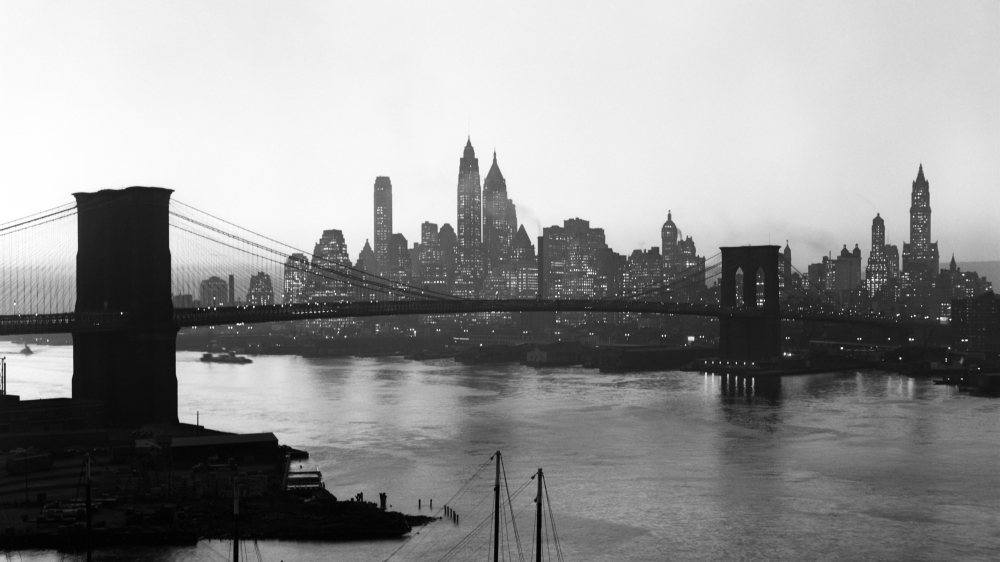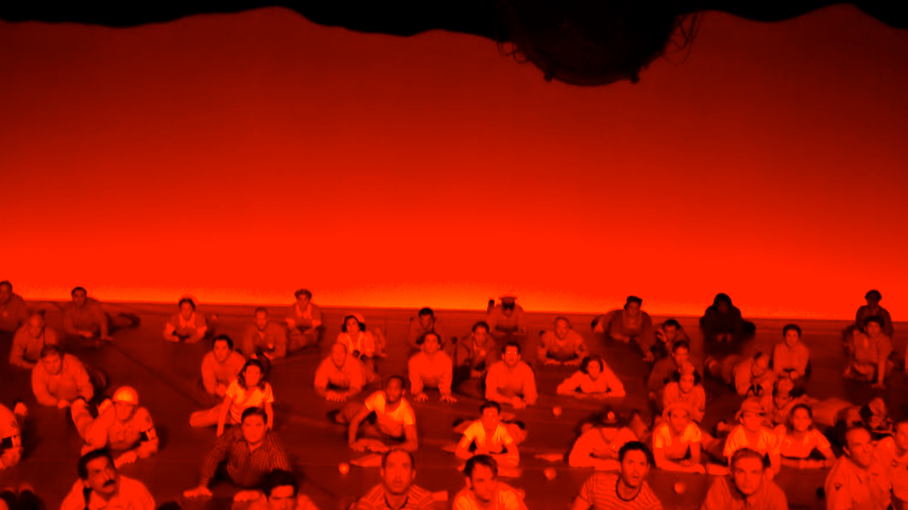Bernstein at 100: “West Side Story”
Tomorrow marks the centennial of the birth of Leonard Bernstein (1918-1990). As a conductor, Bernstein brought a distinctive, youthful dynamism to the podium, producing performances which sizzled with “edge-of-your-seat” energy. He championed adventurous new American works during his tenure as music director of the New York Philharmonic (from 1958 to 1969), and sparked a revival of interest in the music of Gustav Mahler. As a composer, he synthesized a variety of musical styles, from …







